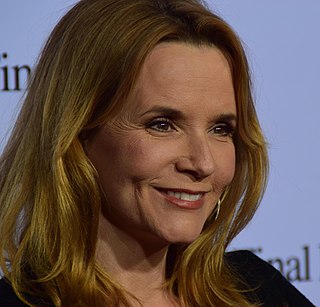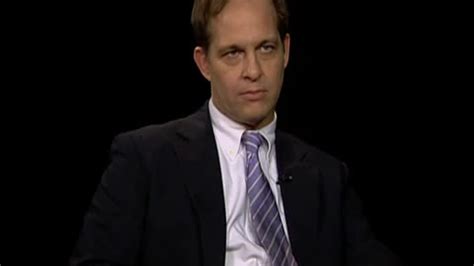A Quote by African Spir
If pity was always equally alive and acting in all individuals and in all circumstances, we could do away with moral. Unfortunately, it is not compassion, but rather it's contrary, selfishness, that act most strongly in us.
Related Quotes
As individuals, we have to act independently of the politics at hand. I don't feel an added responsibility to do anything more beyond being who I've always been and acting decently. I've always felt people are looking down on us and expecting us to fail. That's enough of a burden, and we automatically try to act with dignity.
Compassion is not pity ... compassion never considers an object as weak or inferior. Compassion, one might say, works from a strength born of awareness of shared weakness, and not from someone else's weakness. And from the awareness of the mutuality of us all. Thus to put down another as in pity is to put down oneself.
Compassion does not just happen. Pity does, but compassion is not pity. It's not a feeling. Compassion is a viewpoint, a way of life, a perspective, a habit that becomes a discipline - and more than anything else, compassion is a choice we make that love is more important than comfort or convenience.
Jesus' whole life and mission involve accepting powerlessness and revealing in this powerlessness the limitlessness of God's love. Here we see what compassion means. It is not a bending toward the underprivileged from a privileged position; it is not a reaching out from on high to those who are less fortunate below; it is not a gesture of sympathy or pity for those who fail to make it in the upward pull. On the contrary, compassion means going directly to those people and places where suffering is most acute and building a home there.
There did not have to be a moral. She need only show separate minds, as alive as her own, struggling with the idea that other minds were equally alive. It wasn't only wickedness and scheming that made people unhappy, it was confusion and misunderstanding, above all, it was the failure to grasp the simple truth that other people are as real as you. And only in a story could you enter these different minds and show how they had an equal value. That was the only moral a story need have.
Flesh eating is simply immoral, as it involves the performance of an act which is contrary to moral feeling: By killing, man suppresses in himself, unnecessarily, the highest spiritual capacity, that of sympathy and pity towards living creatures like himself and by violating his own feelings becomes cruel." "As long as there are slaughterhouses, there will be battlefields.









































